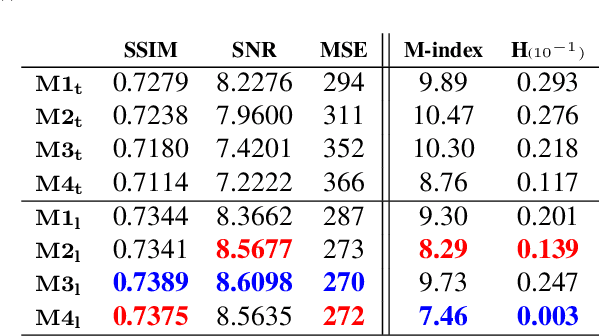Complexity Analysis of an Edge Preserving CNN SAR Despeckling Algorithm
Paper and Code
Apr 17, 2020



SAR images are affected by multiplicative noise that impairs their interpretations. In the last decades several methods for SAR denoising have been proposed and in the last years great attention has moved towards deep learning based solutions. Based on our last proposed convolutional neural network for SAR despeckling, here we exploit the effect of the complexity of the network. More precisely, once a dataset has been fixed, we carry out an analysis of the network performance with respect to the number of layers and numbers of features the network is composed of. Evaluation on simulated and real data are carried out. The results show that deeper networks better generalize on both simulated and real images.
* Accpeted to International Geoscience and Remote Sensing Symposium,
IGARSS 2020
 Add to Chrome
Add to Chrome Add to Firefox
Add to Firefox Add to Edge
Add to Edge